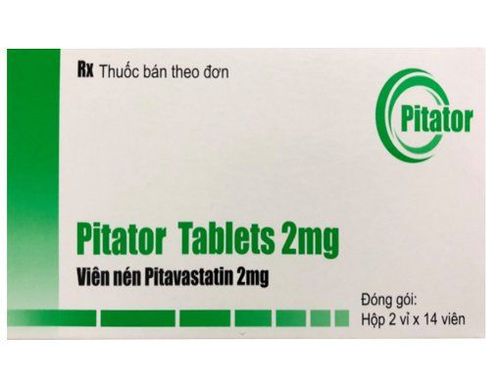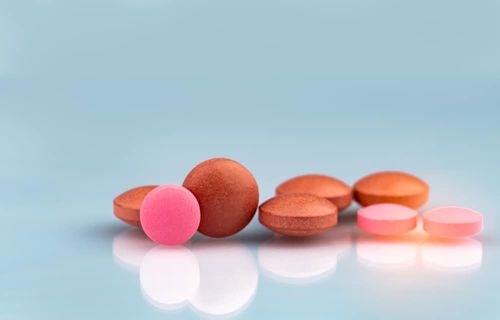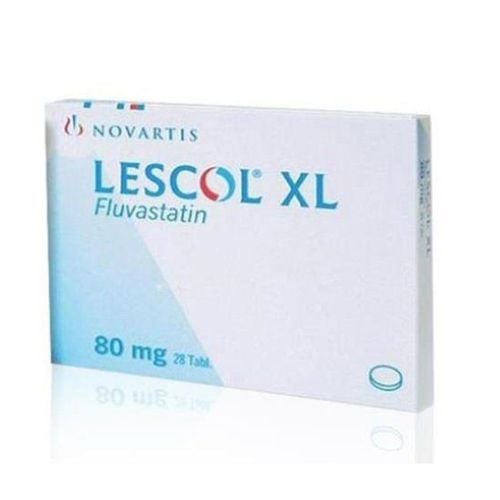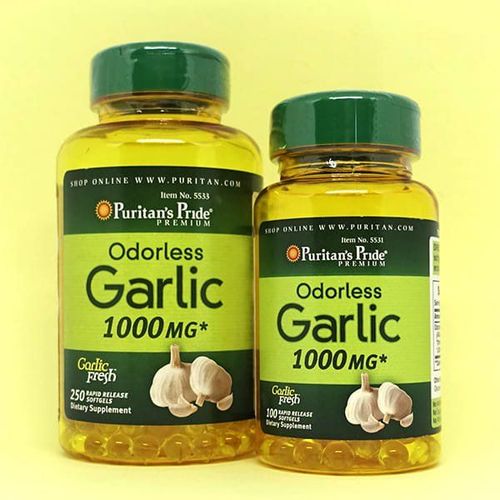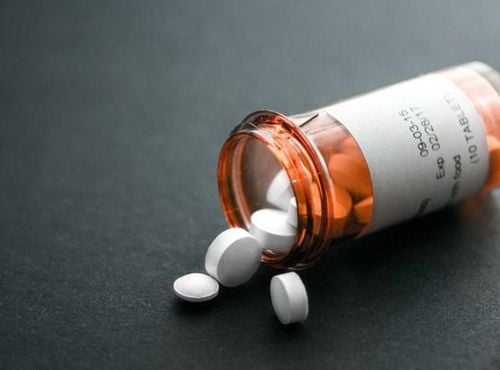This is an automatically translated article.
Hyperlipidemia is a dangerous condition that can cause cardiovascular complications such as atherosclerosis, hypertension, heart failure, stroke... Currently, lipid-lowering drugs such as Statins are widely used by many people. widely used. However, it is important to pay attention to the correct dosage, prescribed by the doctor to avoid unwanted side effects.
1. Overview of Statins
1.1. What are Statins? High cholesterol in the blood can form atherosclerotic plaques, long-term accumulation will cause arteries to harden and narrow. Blood clots that form in these arteries can cause heart attacks or dangerous strokes. Statins include drugs that work by inhibiting the action of liver enzymes (HMG-CoA), responsible for the production of cholesterol, helping to treat dyslipidemia and reduce associated risks. This class of drugs is also known as “HMG-CoA reductase inhibitors”.
Currently on the market, approved Statins for treatment include:
Lovastatin (Mevacor or Altocor) Pravastatin (Pravachol) Fluvastatin (Lescol) Atorvastatin (Lipitor) Simvastatin (Zocor) Rosuvastatin (Crestor) 1.2. Effects of Statins Increase HDL (good cholesterol) Reduce LDL (bad cholesterol) and total cholesterol. Decreased triglycerides in the blood. Stabilize and slow down the development of atherosclerotic plaques, Thus, Statins are often indicated for treatment of people with hyperlipidemia and are maintained even when blood cholesterol levels have returned to normal for prophylactic prevention. coronary events (reduced risk of thrombosis, myocardial infarction, reduced risk of death from cardiovascular disease...).
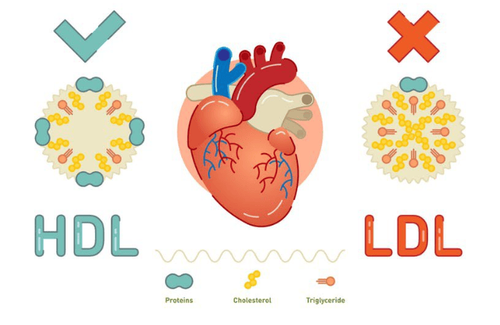
Thuốc nhóm Statin giúp tăng HDL và giảm LDL trong máu người bệnh
2. Undesirable effects of Statins
Although there are many advantages, using Statins can still experience some unwanted effects.
2.1. Common side effects Digestive problems (5%): Diarrhea, constipation, abdominal pain, flatulence, nausea or vomiting... Headache (4-9%), dizziness, blurred vision (2 -5%), drowsiness, fatigue. Muscle pain: aching limbs, heel tendonitis, cramps (cramps). Rash (reddish rash). 2.2. Serious side effects In rare cases or when used incorrectly, statins can cause serious side effects such as:
Myositis: often occurs when statins are used in combination with some other drugs. , for example Fibrates - another class of lipid-lowering drugs that increase the risk of muscle damage more than statins alone. Increased risk of diabetes, liver damage (due to elevated liver enzymes) or memory loss, cataracts. Mild elevation of CK (Creatine Kinase): This is a quantifiable enzyme in the blood. Patients may experience muscle pain, inflammation or weakness. Acute renal failure, even death, has also been reported when statins are used in combination with Fibrates or antifungals (Azole derivatives), Cyclosporin or Macrolide antibiotics such as Erythromycin... Rhabdomyolysis. . The risk is often increased in the following groups: the elderly, underweight, have just undergone surgery, have many comorbidities. Rhabdomyolysis: is a condition in which the body's muscles are sore and weak due to inflammation and severe damage. Muscles are broken down and proteins are released into the bloodstream, which accumulate in the kidneys and cause kidney damage, eventually leading to kidney failure and death. However, this is a rare complication with an incidence of less than 1/10000, so you should not be too worried. Currently, there is no specific treatment for muscle damage caused by statin drugs other than discontinuation of the drug. People contemplating taking statins should have their muscle enzyme levels tested prior to taking the drug and recheck for muscle soreness to detect serious side effects early.
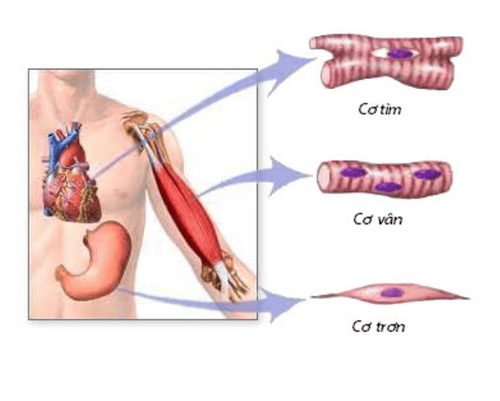
Người bệnh có thể gặp tình trạng tiêu cơ vân sau khi dùng thuốc Statin
3. Notes when using Statins to lower blood fat
3.1. Contraindications According to recommendations, contraindications to the use of lipid-lowering Statins include:
People with hypersensitivity to HMG-CoA reductase inhibitors or any ingredient in statin drugs. People with persistently elevated serum transaminases for unknown reasons or with advanced liver disease, cirrhosis, liver failure, biliary tract disease (stones, inflammation, biliary obstruction...) Statins reduce cholesterol synthesis and there are many other substances derived from cholesterol that can harm an unborn baby. Lactating women: many statins affect milk and cause side effects in nursing infants, so statins are contraindicated. 3.2. How to increase the effectiveness of Statins? To increase the effects of statins, maintain a healthy and healthy lifestyle, for example:
Eat a reasonable, balanced diet and prioritize heart-healthy foods (don't eat red meat, fatty foods). , shrimp, animal organs...). Maintain regular physical activity. No smoking. Limit alcohol. Overall, the benefits of using statins still outweigh the risks and side effects. However, in order to prevent and minimize unwanted side effects, patients should not arbitrarily use Statins for treatment and also do not arbitrarily stop taking the drug without a doctor's prescription. Also talk to your doctor right away if you have signs of tendon pain or fatigue while taking statins.
In addition, patients with high blood fat should go for regular health check-ups to check blood fat indexes and take timely and effective treatment measures.
Currently, Vinmec International General Hospital provides customers with a screening package for diabetes, blood fat to help check the quantity and index in the body along with performing a blood glucose tolerance test (for customers suspect fasting blood glucose results). To diagnose and develop a scientific treatment plan. The examination is always performed by a team of qualified doctors combined with modern equipment to bring the most accurate results.
Please dial HOTLINE for more information or register for an appointment HERE. Download MyVinmec app to make appointments faster and to manage your bookings easily.




